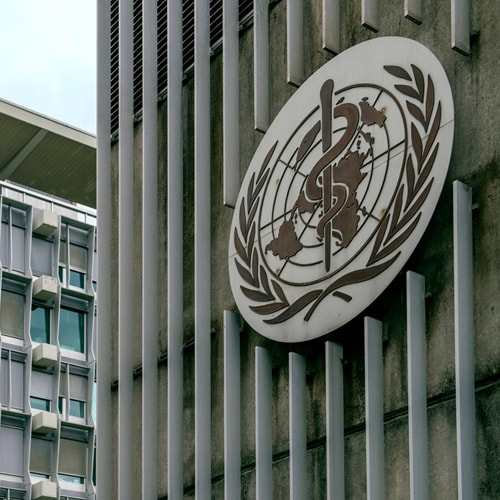August the 3rd, 2020 saw the World Health Organization (WHO) release the Guidance for the Provision of Essential Oral Health Services in the Context of COVID-19.
This document reinforced many current best practices, and included a recommendation for patients to use a 1% hydrogen peroxide or 0.2% povidone-iodine mouth rinse. Hydrogen peroxide rinses have been recommended by other organizations and are commercially available, such as Colgate Peroxyl, which offers a 1.5% concentration.
However, the document also recommended that routine dental care such as check-ups, cleanings and preventive care be delayed 'until there has been sufficient reduction in COVID-19 transmission rates from community transmission to cluster cases or according to official recommendations at national, sub-national or local level.' This last statement has led to confusion across the global dental community. Other organizations such as the American Dental Association (ADA) have rejected this recommendation, arguing that oral health is integral to overall health and that dentistry is an essential health service.
Many areas of the world temporarily suspended routine dental care during the acute phase of the pandemic around March 2020. Most recently, bodies such as the Centers for Disease Control and Prevention (CDC) released further guidance related to the resumption of routine dental services and included recommended measures. There are differences in guidance by location and there are also commonalities.
The CDC, for example, has provided specific guidance, some of which is also recommended in the WHO guidance document. Some of the guidance is on:
- Guidance on when to use an N95 (or other equivalent or higher level) respirator or surgical face mask, the use of goggles and face shields, and other PPE
- The use of rubber dams and high volume evacuation
- Avoiding aerosol generating procedures when possible, e.g., use of hand scaling rather than ultrasonic scaling
- Screening and virtual triaging of patients
- Strict hand hygiene measures
- Social distancing of patients in waiting rooms
- Ventilation in the practice.
The FDI responded to the WHO document, stating that 'oral healthcare is essential to maintaining good overall health and routine care is necessary for the early detection, prevention, and control of oral diseases.' This global organization also noted that provision of oral health services can continue during COVID-19, but that dental services must be in compliance with official recommendations for a given location, i.e., within the country's national, sub-national or local level.
Guidance is likely to further evolve as we learn more about the transmission of COVID-19 and specific considerations for dental practices. As dental professionals, we must keep up to date with our national and local guidance. It is still important for our patients to be able to access dental care.


Was this article helpful?
If you’d like a response, Contact Us.